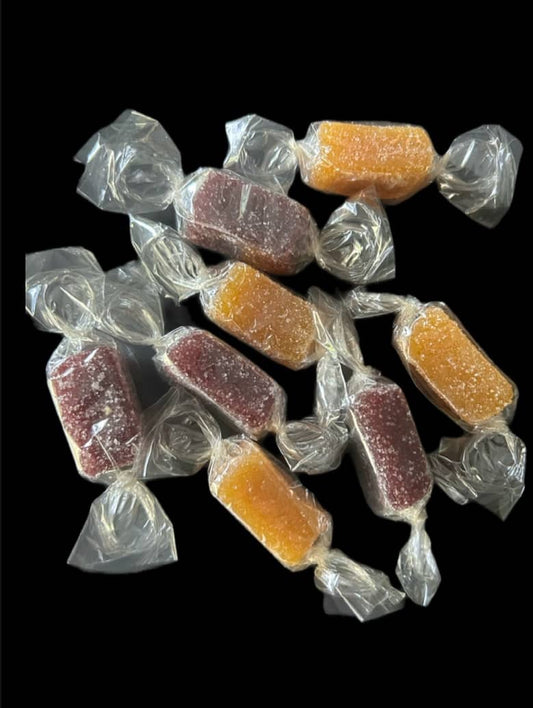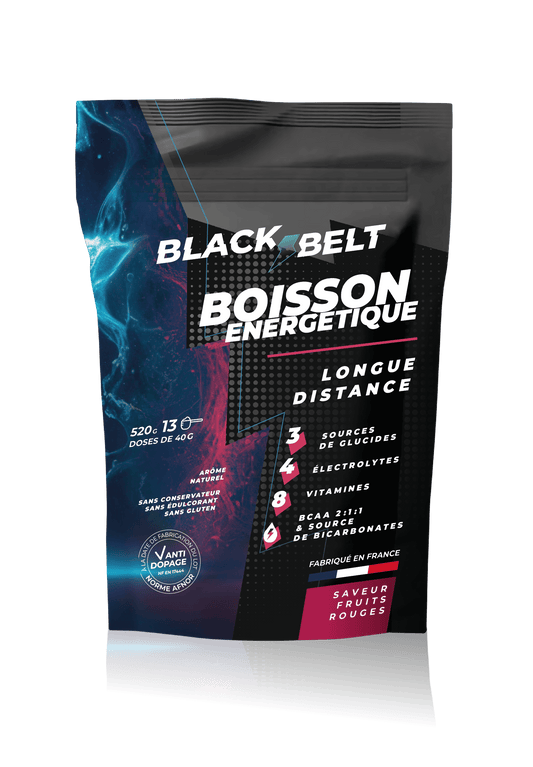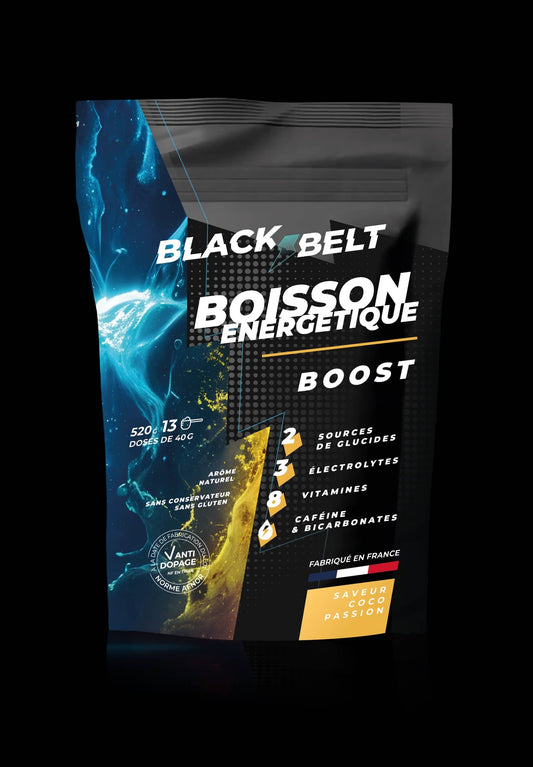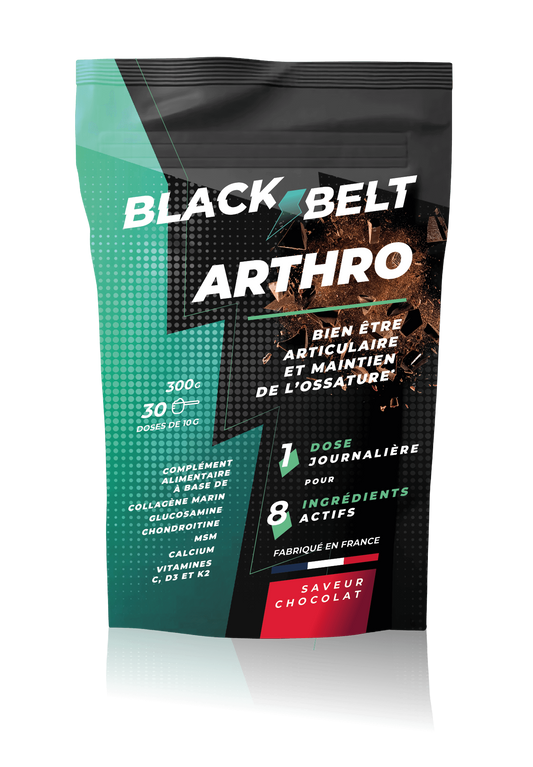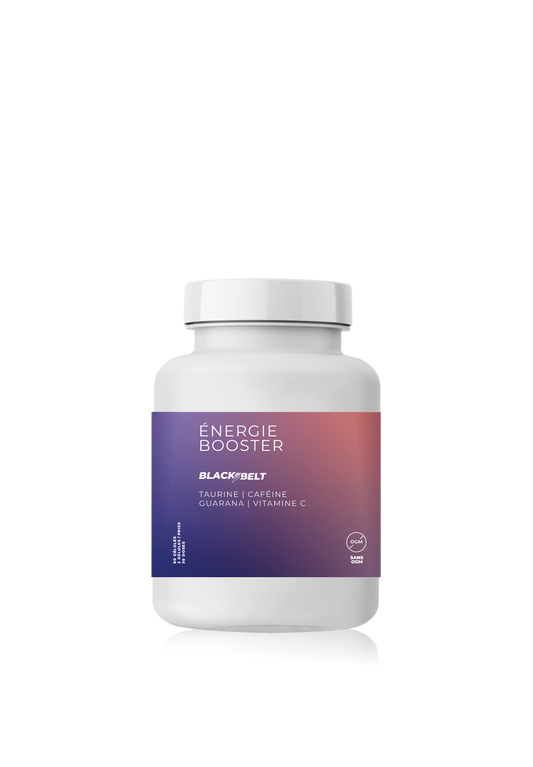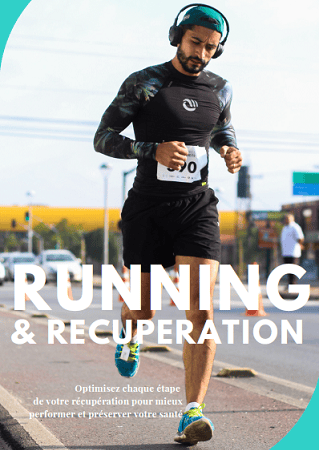Simulate Your Uphill Cycling Time: Estimate Your Speed on a Pass

Optimize your uphill strategy with our simulator
Whether you're preparing for a legendary Tour de France pass or a local climb, anticipating your climbing time is essential for managing your effort and optimizing your performance. Our simulator allows you to evaluate your climbing speed and time based on several key parameters:
Power developed in watts
Total weight (rider + bike + equipment)
Percentage of the climb gradient
Distance in kilometers
With this tool, you can adjust your training, your pace and your nutritional strategy to succeed in your climbs.
How Does Climb Speed Calculation Work?
Climbing a pass is based on a well-known physics equation: speed depends on the power you develop and the gravitational resistance linked to your weight and the slope.
Factors That Influence Your Uphill Performance
- Power developed (W): The more watts you generate, the faster you will climb.
- Total weight (kg): A high power/weight ratio is an asset when climbing.
- Slope (%): The steeper it is, the more intense the effort.
- Distance (km): A long climb requires better effort management.
- Aerodynamic and rolling resistance: At low speed, these factors are less decisive than on the flat.
Concrete example:
• A 70 kg cyclist developing 250 W on an 8 km climb at 7% will take approximately 30 minutes.
• With 300 W, this same cyclist could reduce his climbing time to 25 minutes.
Try our simulator to see how your power and weight affect your climbing speed!

Using the Climb Simulator
1. Fill in your settings:
Your climbing power (W)
Your total weight (kg) (rider + bike + equipment)
The slope percentage (%)
The distance of the climb (km)
2. Get an estimate of your speed and ascent time
The tool will calculate:
Your average speed uphill (km/h)
Your time increases to reach the summit (min and sec)
Tip: Compare your results with the pros' benchmark times to see where you stand!

Why Use a Simulator for Your Bike Rides?
Climbing a mountain pass or a hill requires precise effort management. With our simulator, you can:
Match your power to the slope to avoid exploding while climbing
Estimate your ascent time to better plan your outing or competition
Optimize your weight and equipment to improve performance
Compare different stimulation strategies by adjusting your target watts
Whether you're a recreational runner looking to improve your time or a competitor preparing for a key objective, this tool is essential for maximizing your hill climbing performance.
Strategies to Improve Your Hill Climb Speed
1. Increase Your Maximum and Sustainable Power
One of the major levers for climbing faster is to improve your FTP (Functional Threshold Power), that is to say the maximum power that you can maintain for 1 hour.
Specific threshold work (e.g.: 2 x 20 min at 90% FTP)
VO2 max workouts (e.g. 5 x 3 min at 110% FTP)
Muscle strengthening for better pedaling efficiency
2. Improve Your Power-to-Weight Ratio
A lightweight runner with good power is a formidable climber. Two solutions:
Lose weight while maintaining your strength
Increase your power without gaining too much mass
3. Adopt Good Effort Management
Climbing a mountain pass isn't just about brute strength. Proper effort management is crucial:
✔ Start carefully to avoid an explosion at the end of the climb
✔ Maintain an efficient cadence (ideally between 70 and 90 rpm)
✔ Hydrate and eat properly to avoid failure
Tip: Test different cadences and powers on our simulator to find your ideal strategy!
Frequently Asked Questions about Bike Hill Simulation
1. How much power does it take to climb a pass quickly?
It all depends on the percentage and your weight. An elite climber often develops 5 to 6 W/kg, while a well-trained recreational cyclist hovers around 3 to 4 W/kg.
2. How to reduce your ascent time?
The key is to improve your power-to-weight ratio, adopt good effort management, and choose the right gear.
3. Can you predict your time on a specific pass with this tool?
Yes, the simulator provides a reliable estimate based on your power and the characteristics of the pass. However, factors such as wind or muscle freshness can slightly influence the results.
-
Pack: Health Essentials
Regular price From €64,90Regular priceUnit price / per€69,70Sale price From €64,90Sale -
BlackBelt Punch - Shower Treatment
Regular price From €15,90Regular priceUnit price / per€15,90Sale price From €15,90 -
Maltodextrine DE6 avant course
Regular price €16,90Regular priceUnit price / per -
Pâtes de Fruits Énergétiques
Regular price €12,90Regular priceUnit price / per€12,90Sale price €12,90 -
Long Distance Energy Drink
Regular price €26,90Regular priceUnit price / per€26,90Sale price €26,90 -
Boisson Énergétique BOOST
Regular price €26,90Regular priceUnit price / per€26,90Sale price €26,90 -
Collagène Marin Français Cartidyss® Type II
Regular price From €29,90Regular priceUnit price / per€29,90Sale price From €29,90 -
Pastilles d'Electrolytes
Regular price From €9,90Regular priceUnit price / per€9,90Sale price From €9,90 -
Electrolyte Drink
Regular price €14,90Regular priceUnit price / per€14,90Sale price €14,90 -
Blackbelt Whey Protein - Flavor of your choice
Regular price €32,90Regular priceUnit price / per -
Protéine Végétale
Regular price €12,90Regular priceUnit price / per€12,90Sale price €12,90 -
Pack hydratation - Longue distance
Regular price €54,90Regular priceUnit price / per€59,80Sale price €54,90Sale -
Multivitamins 11 Vitamins + 8 Minerals + Spirulina
Regular price €19,90Regular priceUnit price / per€19,90Sale price €19,90 -
BlackBelt Arthro - Joint & Bone Care - Chocolate Flavor
Regular price €39,90Regular priceUnit price / per€39,90Sale price €39,90 -
Omega 3 Epax®
Regular price From €19,90Regular priceUnit price / per€19,90Sale price From €19,90 -
Magnesium + Taurine + B6 Complex
Regular price €18,90Regular priceUnit price / per€18,90Sale price €18,90 -
 Sale
SalePack Hydratation
Regular price €29,80Regular priceUnit price / per€34,70Sale price €29,80Sale -
Energy Booster Capsules - Pre Workout
Regular price €19,90Regular priceUnit price / per€19,90Sale price €19,90 -
Highly Absorbable Magnesium
Regular price €14,90Regular priceUnit price / per€14,90Sale price €14,90 -
Ashwagandha Shoden®
Regular price €19,90Regular priceUnit price / per€19,90Sale price €19,90 -
Blackbelt Creatine Monohydrate
Regular price €17,90Regular priceUnit price / per€29,90Sale price €17,90Sale -
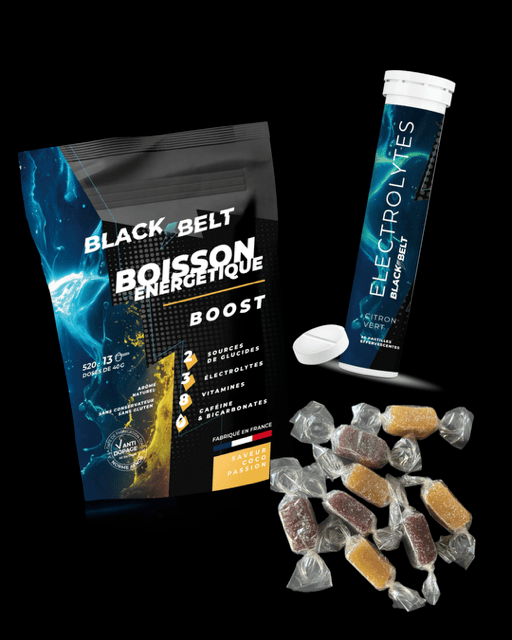 Sale
SalePack Semi-Marathon
Regular price €44,90Regular priceUnit price / per€47,90Sale price €44,90Sale -
 Sale
SalePack Marathon
Regular price €59,90Sale price €59,90Unit price / perSale -
 Sale
SalePack Ultra-Trail
Regular price From €99,90Regular priceUnit price / per€110,30Sale price From €99,90Sale
1
/
of
25
Simulateur de Course en Montée
Résultats :
Vitesse estimée : - km/h
Temps estimé : -
More than 25 free tools in my toolbox
Subscribe to our emails
-
FREE Guide: Running & Recovery
Regular price €0,00Regular priceUnit price / per -
Booster son allure en course à pied
Regular price €0,00Regular priceUnit price / per -
FREE Guide: Healthy Gourmet Recipes
Regular price €0,00Regular priceUnit price / per -
FREE Guide: The Menstrual Cycle and Sport
Regular price €0,00Regular priceUnit price / per -
Santé Mentale : Comment Gérer la Pression et les Comparaisons
Regular price €7,99Regular priceUnit price / per -
FREE Guide: Avoid Injuries and Perform at Any Age
Regular price €0,00Regular priceUnit price / per -
Ebook: The keys to flexibility
Regular price €8,99Regular priceUnit price / per
1
/
of
7




